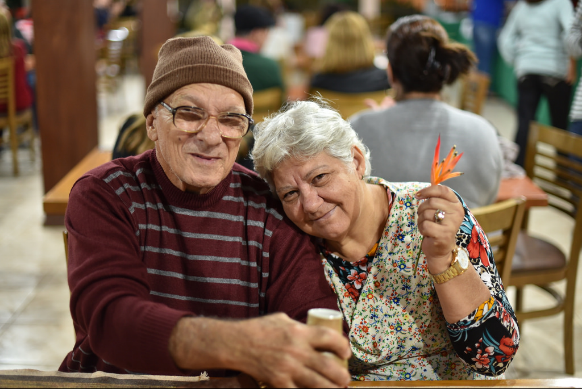Chapter 11: Late Adulthood
"We are considered to be in late adulthood from the time we reach our mid-sixties until death. This is the longest developmental stage across the lifespan, and a growing age group. By 2030, 1 in 6 people in the world will be aged 60 years or over (WHO, 2021). At this time the share of the population aged 60 years and over will increase from 1 billion in 2020 to 1.4 billion. By 2050, the world’s population of people aged 60 years and older will double (2.1 billion). For the purpose of this textbook and chapter, we will define late adulthood from age 65 to 100 and beyond. In this chapter, we will learn how many people are in late adulthood, how that number is expected to change, and how life changes and continues to be the same as before in late adulthood. We will also examine several theories of human aging, the physical, cognitive, and socioemotional changes that occur with this population, and the vast diversity among those in this developmental stage." (Read More)

Introduction
"We are considered to be in late adulthood from the time we reach our mid-sixties until death. This is the longest developmental stage across the lifespan, and a growing age group. By 2030, 1 in 6 people in the world will be aged 60 years or over (WHO, 2021). At this time the share of the population aged 60 years and over will increase from 1 billion in 2020 to 1.4 billion. By 2050, the world’s population of people aged 60 years and older will double (2.1 billion). For the purpose of this textbook and chapter, we will define late adulthood from age 65 to 100 and beyond. In this chapter, we will learn how many people are in late adulthood, how that number is expected to change, and how life changes and continues to be the same as before in late adulthood. We will also examine several theories of human aging, the physical, cognitive, and socioemotional changes that occur with this population, and the vast diversity among those in this developmental stage." (Read More)



















